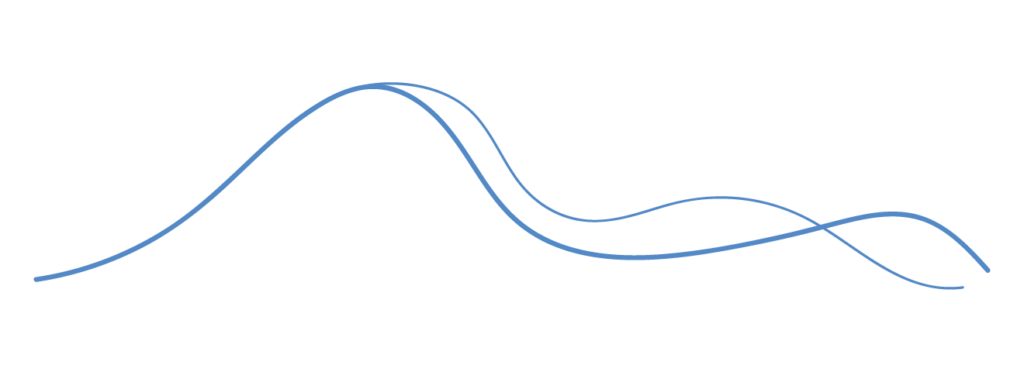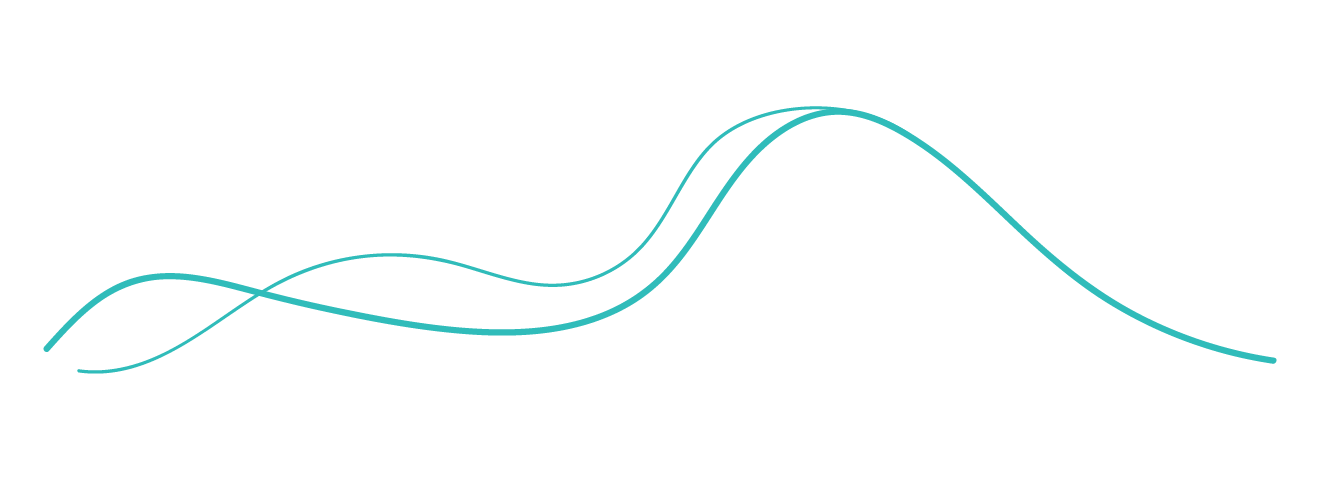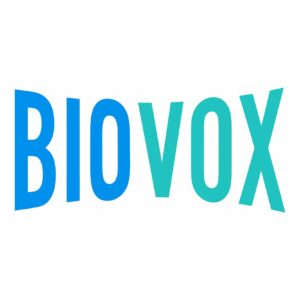BioVox
With a local focus and global reach, the news platform BioVox shares insights into the Benelux life sciences ecosystem with readers across the world. BioVox is an independent publisher, providing its community with quality content and first-row access to interesting breakthroughs and trends in biotech, medtech, agtech, pharma, and more. We shine a spotlight on the latest news and innovations from both our partners and community.






